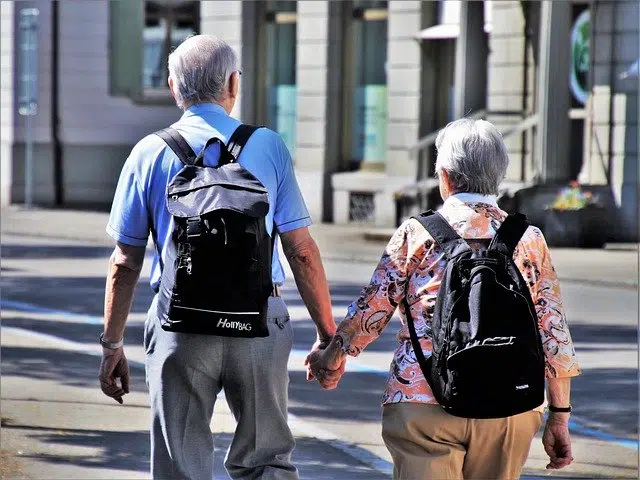
Experiences are events and situations that mark a person.
The concept of experience is used to name the experience that is acquired from a situation. Experiences are those realities that a person experiences and that, in some way, modify them.
For example: “When I remember my youthful experiences, I can't help but smile,” “I convey my experience on the battlefield so that people know the tragedy of war,” “Psychologists should help the girl process and assimilate.” the experience of the massacre that he witnessed.”
With each experience, the human being registers certain information that will help him, in the future, to face similar situations. In this way, experiences constitute learning .
Experiences according to psychology
In the field of psychology , it is understood that experiences are those experiences that mark the personality of the individual. Each subject reacts in a different way to an external event: according to their capacity to react, these events are constituted, or not, as experiences.
There are facts that, for a person, may be of little importance and therefore are not formed internally as experiences. Those same facts, for others, can be very relevant and leave a mark. Let's take the case of the death of a pet and the different possible reactions to said loss.
Some personality scholars speak of experiential capacity , a concept that refers to the openness to forming new experiences from the events that take place in life: the greater this capacity, the more events will leave a mark, and vice versa. Seen from this perspective, there are two variables for the birth of an experience to take place: the experiential capacity of the subject and the depth of the situation they are going through ; Needless to say, matters as trivial as making a cup of tea will rarely become an experience, even for extremely receptive people.

It can be said that experiences are experiences that allowed learning.
The sensitivity
Another way in which we can find the concept of experiential capacity, in everyday speech, is " sensitivity "; Although these are not synonyms, it is normal for those who seem to be affected by any situation to be described as "hypersensitive", while those who are at the opposite extreme are accused of being "insensitive". The latter are those who almost never laugh at a joke, or who do not seem to enjoy comedy or nature, those who pretend to be above everything, who are not easily impressed by anything or anyone.
Artists are people generally associated with an especially high level of sensitivity, since they tend to be in touch with their emotions more than normal and for that reason they seem to perceive nuances of everyday life that others ignore. In any case, a variable must be added to the previously outlined equation of experiential capacity plus depth of the situation, and it is the predisposition that each individual has to each type of stimulus .
If we return to the example of the death of an animal, it is correct to affirm that it is a profound and large-scale event, although this is not enough for it to become an experience for the people with whom it lived: if it is beings with little compassion or with a rejection of other species (such as those who claim that animals do not have feelings or do not experience pain), or if their experiential capacity is too low, this event may not mark them.
The Vivencia duo
Vivencia , finally, is the name of an Argentine rock duo that was formed in 1972 .
The singers and guitarists Héctor Ayala and Eduardo Fazio are the members of this group that had two stages of activities: between 1972 and 1983 and then from 2005 .
